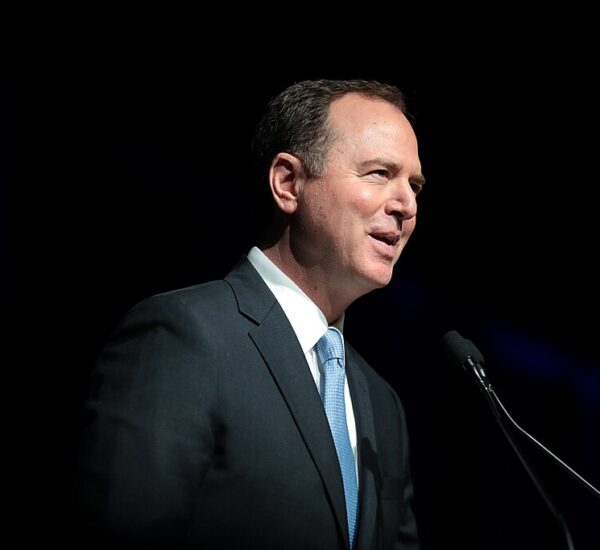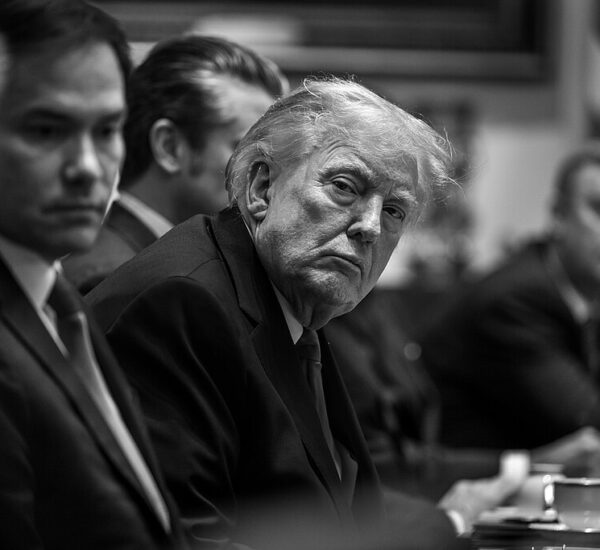Greenland Terrified Of Trump’s Threats
President-elect Donald Trump’s proposal to acquire Greenland has sparked renewed conversation on both sides of the aisle about the strategic importance of the Arctic region. While the idea of taking over Greenland through military means is controversial, the broader discussion on bolstering Arctic security is gaining traction, particularly among Republicans who view the move as part of a broader strategy to counter China and Russia in the high north.
Trump’s interest in Greenland, which he previously described as crucial for U.S. national security, is tied to the island’s strategic location and its rich mineral resources, which are vital for emerging technologies like electric vehicles—a market where China currently dominates. Greenland, though self-governed, is still under the protection of NATO ally Denmark, but its security has been an afterthought for Copenhagen, creating an opening for greater U.S. involvement.
Republicans generally agree on the importance of securing the Arctic, though they have distanced themselves from Trump’s more provocative rhetoric about using military force to secure Greenland. Instead, many see his comments as a bargaining chip aimed at increasing NATO and U.S. involvement in the region. Rep. Michael McCaul (R-Texas), for instance, has emphasized that Trump’s words should be viewed as a call to action, focusing on the island’s resources and its military significance as a base for countering Russian and Chinese influence. “The Arctic is getting exploited by Russia and China,” McCaul said, suggesting that the U.S. could pressure Denmark to take on more of the security burden.
Senator Marco Rubio (R-Fla.) also emphasized the strategic value of Greenland during his confirmation hearing for Secretary of State. He noted that Greenland’s geographic position in the Arctic is key to global trade routes and military positioning, especially as Russia and China expand their activities in the region. “Greenland has been strategically important to the U.S. for a long time, and it will be even more so in the coming decades,” Rubio stated.
The growing competition for Arctic dominance is tied to the melting ice caps, which are opening up new sea lanes and access to untapped resources. Both China and Russia are rapidly increasing their presence in the region, posing a direct challenge to U.S. interests. The U.S. currently operates the Pituffik Space Base in Greenland, which is vital for space operations and military defense, but experts argue that more resources are needed to maintain and expand America’s Arctic capabilities.
The Pentagon has outlined its Arctic strategy, which focuses on improving cooperation with northern allies and enhancing intelligence-sharing, but many feel that the U.S. has not done enough to keep pace with the growing threats from Russia and China. A report from the Center for European Policy Analysis criticized the U.S. for insufficient investment in cold-weather gear and icebreakers—key tools for navigating the Arctic. Russia, with its fleet of 41 icebreakers, far outpaces the U.S., which has just two capable of operating in the region.
Republicans have generally supported efforts to strengthen Arctic defenses, though they have refrained from endorsing Trump’s more dramatic suggestions. Instead, many favor a more pragmatic approach that includes expanding military cooperation with Denmark, Finland, and Canada, as well as investing in icebreakers and other infrastructure to ensure U.S. dominance in the Arctic.
As Greenland continues to push for greater autonomy, the U.S. sees a critical opportunity to counter China’s growing influence in the region while reinforcing the strategic importance of the Arctic for both national security and global trade. While the debate over Trump’s suggestion to acquire Greenland remains contentious, there is no doubt that the region’s importance will only continue to grow in the coming decades. The GOP, along with other lawmakers, must ensure the U.S. remains vigilant and proactive in this high-stakes geopolitical contest.






